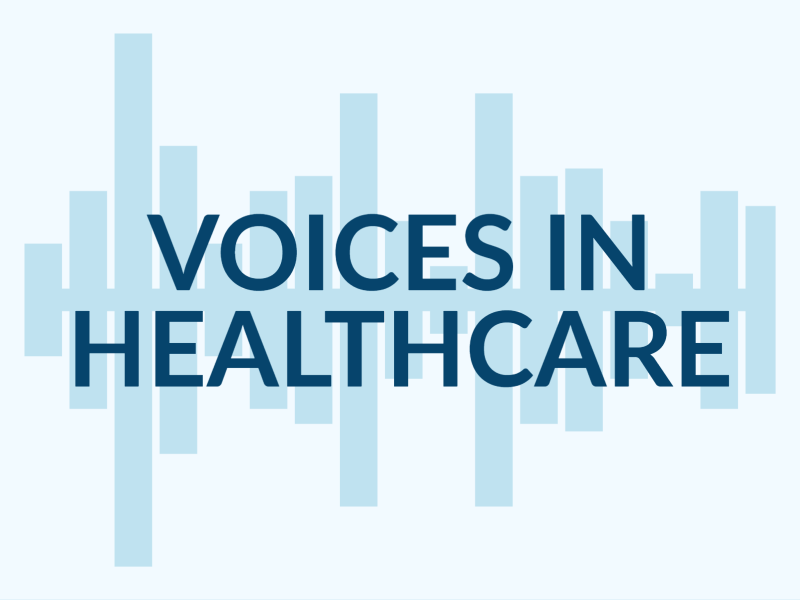Caring for the Caregiver: Task Force Report Released



The following is a post from guest commentator Patricia M. Noga, PhD, RN, FAAN, vice president of clinical affairs at the Massachusetts Health & Hospital Association (MHA).
Our caregivers are the most valuable component of the Massachusetts healthcare system. Their jobs are more important – and more demanding – than ever, with the COVID-19 pandemic adding even more strain to their daily duties.
Today, MHA’s Caring for the Caregiver task force is pleased to release our Caring for the Caregiver Task Force Report. The report reflects a two-year effort by Massachusetts healthcare leaders to come together, identify the most pressing challenges facing the healthcare workforce, and develop a comprehensive set of recommendations to address those challenges. The focus areas in the report include safety, wellbeing, engagement, workforce development, and deployment of staff.
The task force’s membership was representative of the wider healthcare continuum, including hospitals, behavioral health, home care, secondary education, community providers, patient advocacy, government agencies, nursing and physician organizations, labor unions, and insurers. It’s also worth noting that while clinicians were a significant focus for the report, “caregiver” has been defined throughout as any individual employed by a healthcare organization.
Task force co-chairs Mark Keroack, MD, MPH, president & CEO of Baystate Health, and Donna Glynn, PhD, RN, ANP, associate dean of pre-licensure nursing at Regis College and past president of the American Nurses Association – Massachusetts, both described the report as a wide-ranging resource for addressing the needs and concerns of the healthcare workforce. They also reiterated that its recommendations should be continually reviewed and adjusted moving forward to best meet the changing needs of our healthcare workforce.
“I believe that this report is only the beginning,” said Glynn, adding that approaches to workforce issues will continue to evolve based on “the healthcare environment, a post-COVID world, and our ever-changing healthcare challenges.”
The report provides an extensive analysis and set of best practices and recommendations to assist all healthcare organizations in their ongoing efforts to support and protect their caregivers both on and off the job. While the original findings of the task force were completed by early 2020, the COVID-19 pandemic prompted a pause, as it provided added importance and insight to the mission of the initiative. These learnings are reflected in a “COVID-19 Spotlight” section in each of the report’s areas of focus, which examines the topics through the lens of the pandemic and its impact on diversity, equity, and inclusion.
“Managing through the crisis made these issues loom even larger,” Keroack reflected.
As part of the report’s launch, MHA also hosted a webinar featuring task force leaders, who discussed the process of convening the group, the task force’s priority areas of focus, the report’s overarching recommendations, and ways in which the pandemic has affected caregivers over the past year.
Our hope is that every healthcare organization in the commonwealth – including those participating in the Caring for the Caregiver process – will consider adopting several best practices within each focus area. Because every organization is different, the recommendations prioritized by each entity will be different: there is no one-size-fits-all way to address workforce challenges across all providers.
The work of Caring for the Caregiver initiative continues. MHA has revamped its PatientCareLink website to include new webpages for each focus area, where caregiver-related resources will continually be uploaded. MHA will also continue to hold education sessions on workforce topics so that healthcare organizations have the ability to share challenges, ideas, and success stories for others to learn from. Task force member Therese Hudson-Jinks, RN, MSN, of Tufts Medical Center and the Organization of Nurse Leaders, summed things up well when describing how providers can approach this important work:
“Open up the white paper and start somewhere,” she said. “If you start anywhere, you’ll quickly make progress.”

 Massachusetts Health & Hospital Association
Massachusetts Health & Hospital Association